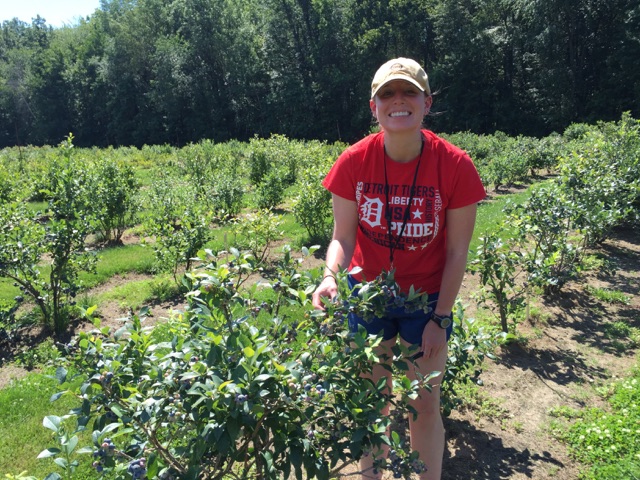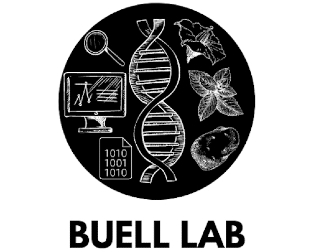Human Health Benefits of Blueberry

Blueberry (Vaccinium corymbosum) is an economically important fruit crop that is native to North America. In addition to its commercial value, blueberries are prized for their high levels of antioxidants, which have known human health benefits. Iridoids are another class of known pharmacologically important compounds that have recently been found in blueberries and cranberries. Iridoids are present in over 15 plant families and are potent natural products with a wide range of biological activities in humans including, anticancer, antibacterial and anti-inflammatory. Despite their known human health benefits, iridoids are a neglected component of blueberry research. This project aims to improve the biochemical and genomic understanding of iridoid production in blueberry to enable improved access to these compounds for future clinical research. Currently, a survey of the iridoid glycoside monotropein is being done in a diversity panel of 84 wild and cultivated Vaccinium species, along with analysis of total antioxidant capacity. After characterization of iridoid compounds made specifically in Vaccinium species, the genes underlying iridoid biosynthesis will be identified using genomic, transcriptomic and bioinformatics analysis.
Project Directors
Contact
Robin.Buell@uga.eduFunding
- This research was funded by National Institute of Health National Research Service Award Postdoctoral Fellowship 1F32AT008761-01 to Courtney Leisner.
